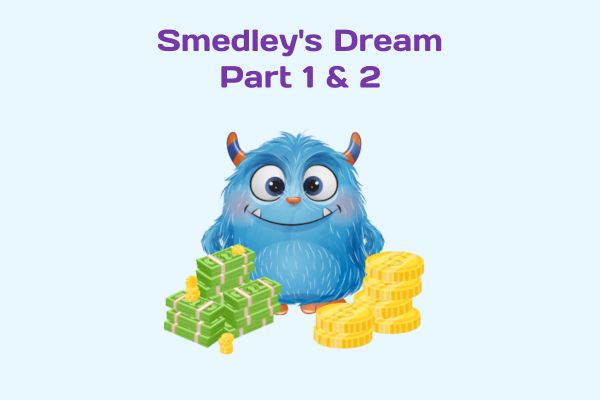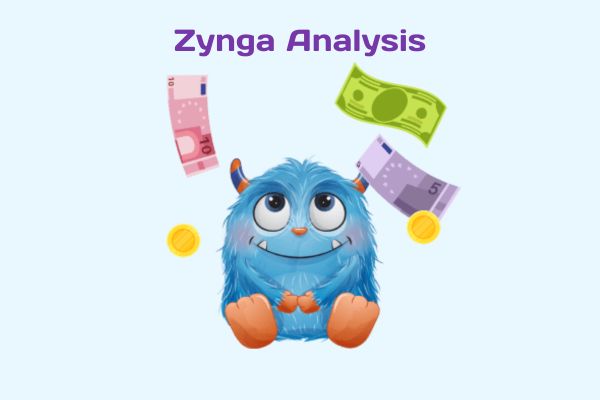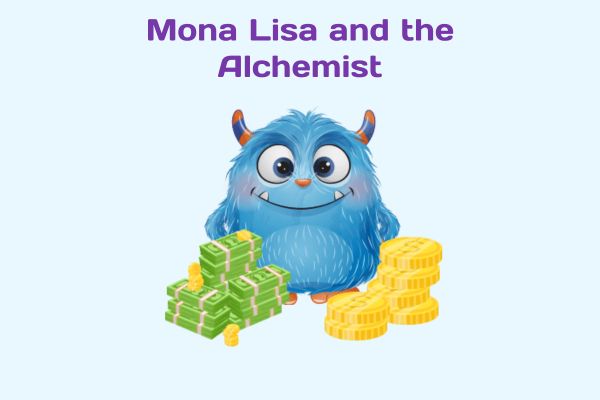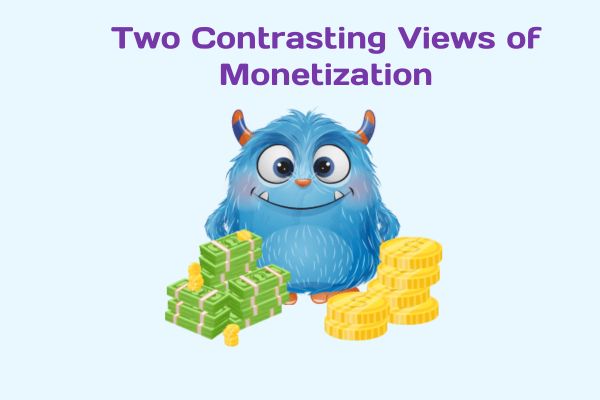Originally published in 2011, here I predict the outcome of the Diablo 3 Real Money Auction House (RMAH) six months before the public (or I) got a chance to look at it.
Back in 2005 SOE began an experiment in virtual economics by creating the Station Exchange (http://www.gamespot.com/news/sony-scores-with-station-exchange-6131956). The idea was that instead of suffering the ravages of 3rd Party real money transfer activity (RMT3), why not have customers do all of this activity in a host-controlled environment? This would reduce fraud and allow taxation of the virtual shadow economy. At the time I did not see this experiment as being good for gamers, or even for SOE in the long run, but found the experiment an interesting one.
This idea is being revisited soon by Blizzard Entertainment (http://www.gamesradar.com/diablo-iii-real-money-auction-house-annou… ) in their upcoming Diablo 3 product. If it works it will revolutionize the way games are monetized. Just like if the Station Exchange had worked. These are the exact issues that inspired me to dedicate myself to applied virtual economic work in 2005. Back then I was unable to adequately articulate my concerns, but six years later I am going to attempt to remedy that.
In this paper I will describe some of the pros, cons, and perils of this monetization model. I would like to think that Blizzard has planned for all of these results, but if they have not this may give them forewarning of how their latest venture will turn out.
Popular categories at dk.topcasinoer.net:
The Advantages
It is not far fetched to imagine that player trade in a game like Diablo 3 will have a value far in excess of the actual fees charged by Blizzard to play the game. This concept of real player trade of virtual goods is fundamental to the field of virtual economics. I began writing about this in 2000 when I co-wrote this paper with Ashley Dunn at the Los Angeles Times, using only my middle name “Lee” since I worked for SOE at the time: (http://articles.latimes.com/2000/apr/20/news/mn-21581). Coincidentally, Ashley got both of us into the closed Diablo 2 beta while we were writing the article. I got offers during the beta of as high as $300 per item for virtual goods that were going to be erased at the end of the beta test. No doubt the demand for virtual goods will be just as great almost twelve years later.
The idea that tapping, or even replacing, the secondary market for virtual goods is an attractive one. Many players will engage in second party real money transfers (RMT2) and thus could literally get paid to play Diablo 3. They could make so much money that they quit their jobs to play this game. I have made over $5000 a month doing this in a variety of games where I had to struggle with the inconvenience of using Ebay or such to actually get paid. If Blizzard gets paid for every item that posts, and also again for every item that sells, then all of the RMT2 players will be giving Blizzard a cut on every transaction. Thus if I am making $5000 a month playing D3, then Blizzard might be making around $750 a month hosting my activity in their game, in addition to any game fees.
In the absence of a secure auction house for RMT2, the risk of fraud to both seller and buyer is much higher and thus this AH is supremely attractive to secondary market participants. IGE, in its day, made an amazing amount of money controlling the secondary market and why just give this control (and money) away to a non-contributing entity? Happy secure traders means less customer service headaches to Blizzard, in addition to the promise of potentially double or even triple conventional revenues. Tapping the secondary market allows the application of discriminatory pricing while retail and subscription sales (with a few exceptions like Collectors Editions) do not.
The Disadvantages
Scarcity and prestige are the primary motivators in the RPG genre. They are linked. I describe this relationship in my short “Mona Lisa and the Alchemist” paper. Any virtual good with high scarcity will have high value. If said good is also a superior good, its price can be astronomical. Having possession of said goods brings prestige, especially if the item was “earned”. If someone else earned the item then sold it to you, the prestige value is substantially diminished. If there is no way you can prove you earned the item, as in the Diablo 3 model, all prestige is diminished for all participants.
When an item becomes abundant, its value falls. Market forces will cause any item scarce in Diablo 3 to be farmed intensely until it is no longer scarce. In the absence of any mechanisms to control them, this will invite industrial virtual goods farmers (RMT3) to participate in your economy. They are extremely adept at curing scarcity and reducing the real value of virtual goods. This will cause the value of all Diablo 3 goods to drop quickly over time. Initial revenues under this model will be impressively high, leading to great PR opportunities. Every month these revenues will drop at rates in excess of 50%. As this is a geometric progression, virtual goods in the space quickly become worthless.
Thus the economy becomes toast after a few months of RMT3 activity, even if Blizzard benefits from it initially. Prestige related to virtual wealth becomes very low. Those that spend $1000 on goods in the first month will find that in the second month those goods are worth much less than $500 and thus there is no investment value. Once this becomes apparent, there is a strong counter incentive to spend now, as you can get any good for less if you wait a few days.
The result is extremely high revenues initially, which drop rapidly. This has a similar effect on the enjoyment of participants in the game, who will want for nothing and be able to complete the game quickly without ever experiencing scarcity. As scarcity is a primary motivator, retention falls.
The Perils
Anyone that has been active in this industry since 2000 will remember the lessons of both Diablo 2 and Anarchy Online. In both of these games the economies were quickly ravaged by dupes, methods to copy virtual assets. While I was able to come to the rescue of Funcom and several later targets of dupers, it is especially difficult to stop such hacks when the game assets are under local (consumer) control. This was the case in Diablo 2 and duping was the norm in that game’s economy. I know because I had plans to make tens of thousands of dollars doing RMT2 in that game (I was in the top 100 world ladder) and it was all wiped out overnight by dupes that made my (and others) goods worthless.
I would like to think that Blizzard, of all companies, learned from this history. If a dupe or similar hack is created (which to me seems likely if not certain), it can be propagated through the D3 AH and wipe out the value of the virtual economy in a matter of days, not months as I described above. Blizzard would then say “It’s not our fault, and we are working to remedy the situation as soon as possible”. Once a million items get sold through your system, you can’t go back and delete them. Perhaps Blizzard knows this and feels that they will profit even in the case of a dupe attack. The obvious losers are their customers, who will lose prestige and equity in their virtual holdings. If the value of their purple con items drops to below the cost to even post them, no one will use the AH. I would imagine this would make customers unhappy and have negative effects on immersion. For a company with very favorable customer perception, this can be costly.
Selling off your economy is really very easy. Protecting your economy is far harder. This is why I wrote “Sustainable Virtual Economies and Business Models” in 2009. For companies like Blizzard so that they would not keep repeating the same mistakes.







